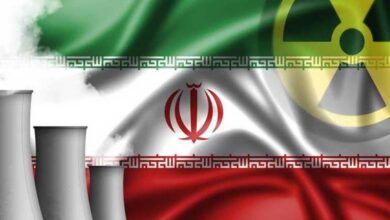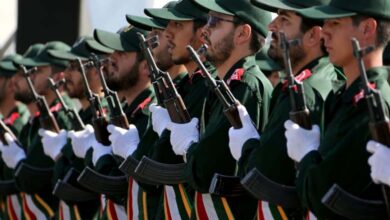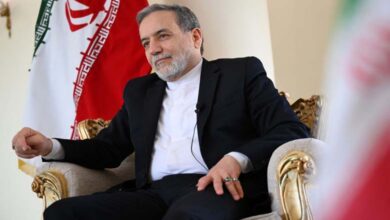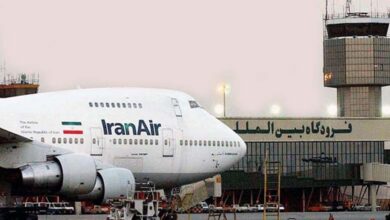Iran executes former deputy defense minister despite Western warnings
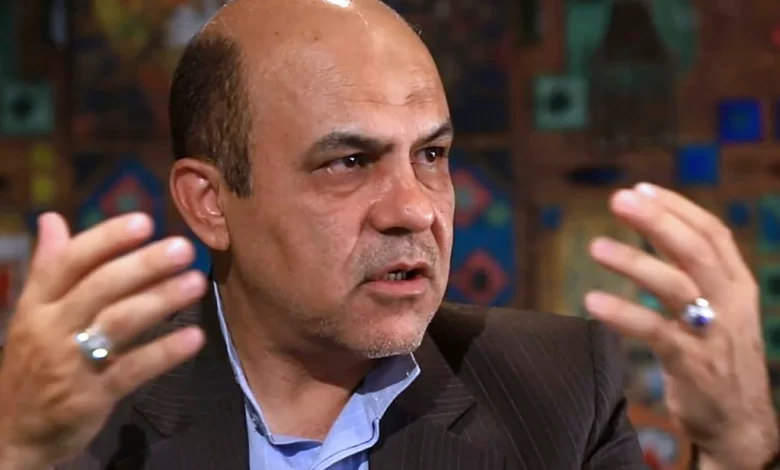
Iran’s judiciary on Saturday executed former defense ministry official Alireza Akbari three days after his conviction for spying for the United Kingdom was revealed, despite international warnings, describing what Tehran would offer as “politically motivated.”
Akbari was hanged after being convicted of “corruption on the ground and undermining the country’s internal and external security by passing on intelligence information”, the judicial authority’s Mizan agency reported.
“The activities of the British intelligence service in this case showed the value of the convict, the importance of the knowledge he had and the trust the enemy had in him,” it said.
Alireza Akbari’s execution comes despite widespread Western criticism of his death sentence. British Foreign Secretary James Cleverly said on Friday that Iran should not carry out its threat to execute British-Iranian national Alireza Akbari.
The British Foreign Secretary denounced the ruling and called on Tehran not to execute the British-Iranian citizen, saying the ruling was “politically motivated”.
“The Iranian regime should have no doubts. We are following Alireza Akbari’s case very closely.”
The day before Reza’s execution, the United States also called on Iran not to carry out the death sentence. Deputy Spokesperson of the U.S. Department of State Vedandt Patel said, “The charges against Akbari, and his sentencing to death, are politically motivated, and his execution would be unacceptable.”
During a press conference, he called for his “immediate release” and denounced reports that “Akbari was drugged, tortured during his detention, interrogated for thousands of hours and forced to confess.”
Akbari’s case came to light this week, with the judiciary announcing on 11 January that he had been sentenced to death for spying.
Mezan Online did not provide details on Akbari’s role or the date of his arrest or sentencing, only confirming that the Supreme Court had ratified him.
The next day, Iranian state media released details about Akbari, noting that he had previously served in the Defense Ministry and the Supreme National Security Council.
Akbari has held several positions in the defense and security structure of the Islamic Republic, including “Assistant Defense Minister for Foreign Relations,” “Advisor to the Naval Commander,” and heads a department in the Defense Ministry Research Center, in addition to his “work in the General Secretariat of the Supreme National Security Council,” the official IRNA news agency reported, without providing further details about his roles.
Akbari, a veteran of the 1980-1988 war with Iraq, was 61 years old (born October 21st, 1961) and was arrested in 1398 (according to Iran’s solar calendar, between March 2019 and March 2020), the news agency said.
Akbar was interviewed by the state-run newspaper Iran in February 2019 and presented as “a former deputy defense minister in the government of Mohammad Khatami,” a reformist who served as president of the Iranian Republic from 1997 to 2005.
“Under Khatami, Rear Admiral Ali Shamkhani was Minister of Defense and currently serves as Secretary of the Supreme National Security Council of the Islamic Republic.”
Authorities have previously announced the arrest of many people for spying on the Islamic Republic for hostile intelligence services, such as the U.S., Israel and Britain.
In early December, the judiciary announced the execution of four people convicted of “collaboration” with Israel.
Akbari’s execution comes at a time when the Islamic Republic has been witnessing protests since the death of young Mahsa Amini on 16 September after she was arrested by Tehran’s morality police for not complying with the country’s strict dress codes.
Hundreds, including dozens of security forces members, were killed during the protests, which included anti-authorities protests. Thousands have been arrested on the fringes of the movement, a large part of which is considered by Iranian officials to be “riots” involving the “enemies” of the Islamic Republic.
The Iranian judiciary has announced 18 death sentences so far for the protests, four of which were carried out against those convicted of attacks on security forces.
The Iranian authorities’ crackdown on protests has exacerbated tensions between Tehran and the West, limiting prospects for diplomacy with Tehran.
An Iranian court sentenced Frenchman Benjamin Breier to eight years in prison on charges of espionage.
Tehran insists all foreigners in its custody are being held under domestic law but is open to engaging in a prisoner swap.



